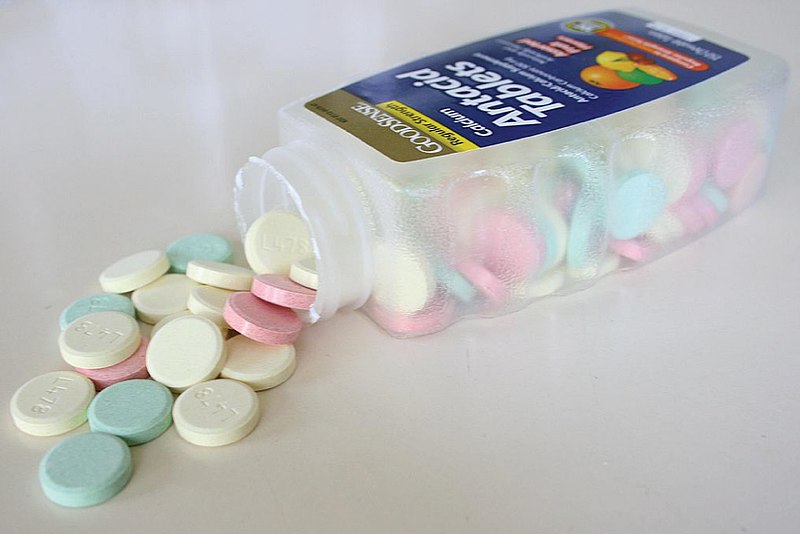Mental Health
Researchers Identify First Biomarker for Major Depression
Depression is a mental illness that can be very hard to treat since cases can be very unique. In order to create better treatments, researchers have studied how brain functions and other genetic variables factor into depression. In a new study funded by the Wellcome Trust, researchers from the University of Cambridge were able to identify one biomarker of major or clinical depression.
"Depression is a terrible illness that will affect as many as ten million people in the UK at some point in their lives," said study lead investigator, Professor Ian Goodyer. "Through our research, we now have a very real way of identifying those teenage boys most likely to develop clinical depression. This will help us strategically target preventions and interventions at these individuals and hopefully help reduce their risk of serious episodes of depression and their consequences in adult life."
In the first part of this study, the researchers examined a cohort of 660 teenagers. The participants provided four early morning samples of saliva during weekdays within one week and again a year later. The researchers needed the saliva samples in order to measure the teenagers' cortisol levels. The researchers were able to conclude that within one year, cortisol levels remained pretty stable for both boys and girls
In the second part of the study, the researchers collected morning saliva samples from 1,198 teenagers for just three schooldays. From both cohorts, the team also gathered information on the teenagers' current symptoms of depression over the span of 12 months. The symptoms were all self-reported. The researchers then combined the data from both cohorts since they yielded the same results to study the relationship between cortisol levels and depression.
The two cohorts were first divided into four groups separately and then combined as one larger study. Group 1 had the lowest levels of cortisol and depressive symptoms whereas group 4 had the highest. The researchers found that the teenagers from group 4 were on average seven times more likely to have clinical depression than teenagers from group 1. They were two to three times more likely than the other two groups to have clinical depression. When the researchers looked at genders separately, they found that boys in group 4 were 14 times more likely than the boys in group 1 to have major depression. Girls in group 4 were only four times more likely to suffer from depression than girls from group 1.
In order for the researchers to conclude that cortisol level in combination with depressive symptoms is a biomarker for depression, they had to prove that the teenagers in group 4 were different from the teenagers in group 1. During the first cohort, the researchers used a memory test to measure the teenagers' autobiographical memory. They found that children in group 4 had a harder time "systematically recollecting specific autobiographical memories from over thirty example situations across different social and personal domains," according to the press release.
"This new biomarker suggests that we may be able to offer a more personalized approach to tackling boys at risk for depression. This could be a much needed way of reducing the number of people suffering from depression, and in particular stemming a risk at a time when there has been an increasing rate of suicide amongst teenage boys and young men," Dr. Matthew Owens from the University of Cambridge, first author on the study, said.
The study was published in the Proceedings of the National Academy of Sciences.









Join the Conversation